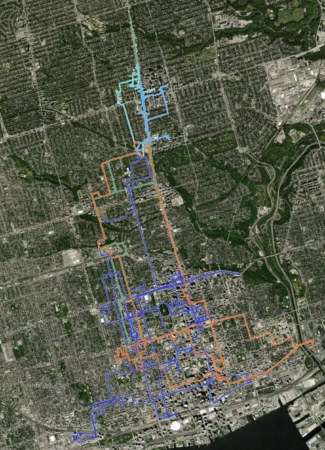If you have been sympathetic to my cause and my suffering, my PhD dissertation is my most sincere, detailed, highly scrutinized, and high-effort way of explaining the climate change crisis which we are enduring and how to work toward a course of action to save us all. Reading it is the best thing you can do in response to observing how much difficulty and pain has been involved in creating it.
Please don’t assume it is written for academics and not for you. It is written for everyone who cares about the future of the world, and more than anything I want people to engage with it. Please also do not assume it’s written in impenetrable or obscure language; I wrote it to be comprehensible to anyone with a substantial and educated interest in climate change: among policy-makers, activists, environmentalists, journalists, and those merely morbidly concerned about the future of this sphere of Nickel-Iron we call The Earth:
Persuasion Strategies: Canadian Campus Fossil Fuel Divestment Campaigns and the Development of Activists, 2012–20
If reading the whole thing seems like too much, consider reading just the preface on positionality before chapter 1 for an explanation of how I am trying to engage with the climate change activist movement, along with section 5.5 (“Climate justice within the CFFD movement”, p. 190), section 5.6 (“Purity versus effectiveness”, p. 192), and section 5.7 (“Policy durability”, p. 201).
If you prefer a paper copy and will actually read it, contact me and I will send you one of the copies available at cost from Lulu.com.



